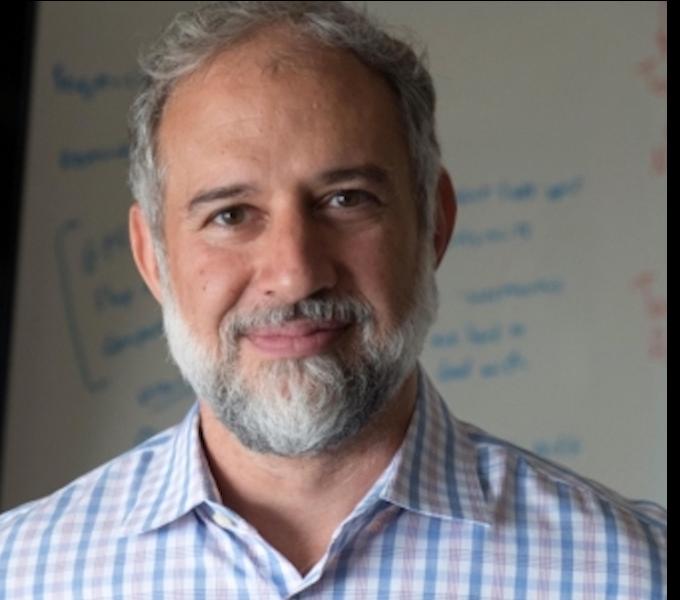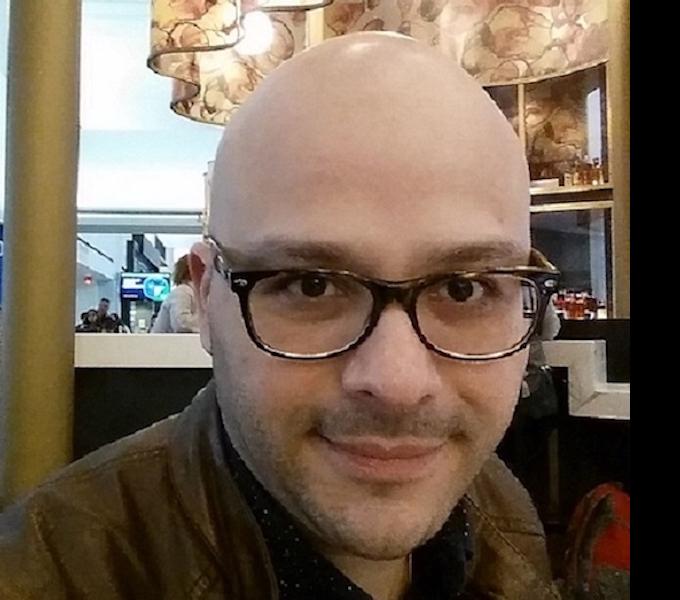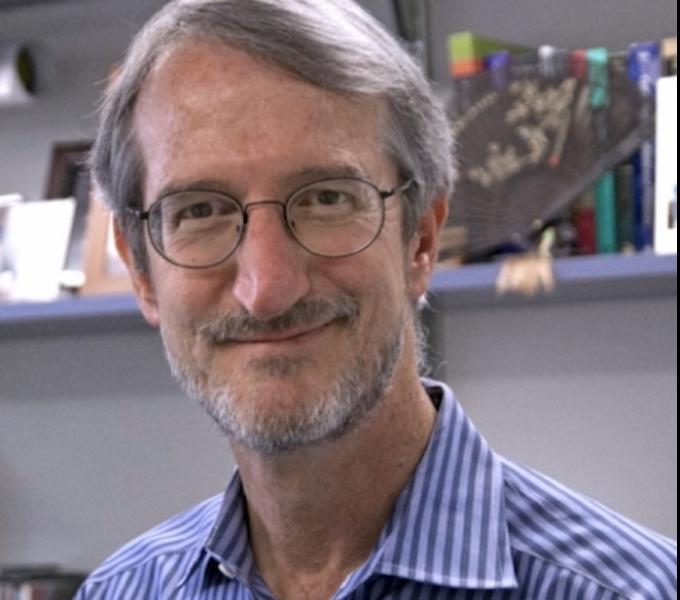Faculty

She is the founder and faculty director of the Program for Research and Outreach on Gender Equity in Society (PROGRESS). Dr. Babcock's degrees include a BA in Economics from the University of California at Irvine and an MA and Ph.D. in Economics from the University of Wisconsin at Madison. She is a member of the Russell Sage Foundation’s Behavioral Economics Roundtable and has served on the economics review panel for the National Science Foundation. She has been a visiting professor at the University of Chicago's Graduate School of Business, the Harvard Business School, and the California Institute of Technology.

Tissue Engineering and Regenerative Medicine, emphasis upon clinical application; cell:biomaterial interactions; epimorphic regeneration in mammals
*Currently accepting Graduate Students

Identify phosphorylations, dephosphorylations and acetylations that regulate ATM activity in vivo.
*Currently accepting Graduate Students

Neurophysiology of sensory-motor coordination, brain-machine interfaces.
*Currently accepting Graduate Students

Research focused on the interface between clinical informatics and bioinformatics with a particular focus on translational research resources, particularly tissue banking informatics.
*Currently accepting Graduate Students
Our laboratory studies the molecular mechanisms regulating genetic and acquired cardiomyopathies to identify novel methods to prevent heart failure and sudden death.

Interdisciplinary approach to explore how the signals from the eye are transformed into meaningful percepts by the brain
*Currently accepting Graduate Students

We apply a multidisciplinary strategy to design and develop biologically and clinically inspired technologies that enable us to elucidate cellular and molecular mechanisms that govern tissue pathology or offer protection during lung and immune injury.
*Currently accepting Graduate Students

The mechanisms of cross-priming of antigens during immune responses to cancer, viruses and autoimmunity
*Currently accepting Graduate Students

Demand adapted hematopoiesis in infection and inflammation.
*Currently accepting Graduate Students

Dr. Borrero is a health services researcher with advanced clinical training in women’s health whose work strives to advance reproductive health equity.
*Currently accepting Graduate Students

Miguel Brieno-Enriquez's research interests include human meiosis analysis, endocrine disruptor effects on meiotic prophase I, transgenerational epigenetics, NEK1 kinase regulation of cohesin removal, and ovarian reserve protection in mammals.
*Currently accepting Graduate Students

Protein “quality control”, diseases associated with misfolded proteins, and drug treatments for these diseases
*Currently accepting Graduate Students

Tumor microenvironment, Cancer stem cells, novel therapeutics for cancer
*Currently accepting Graduate Students

Basic and translational investigations of the mechanisms and therapies of skin disease.
*Currently accepting Graduate Students

Development of targeted therapies for KRAS mutant NSCLC; Reactivation of OIS and apoptosis; Mechanisms of acquired resistance to targeted agents
*Currently accepting Graduate Students
